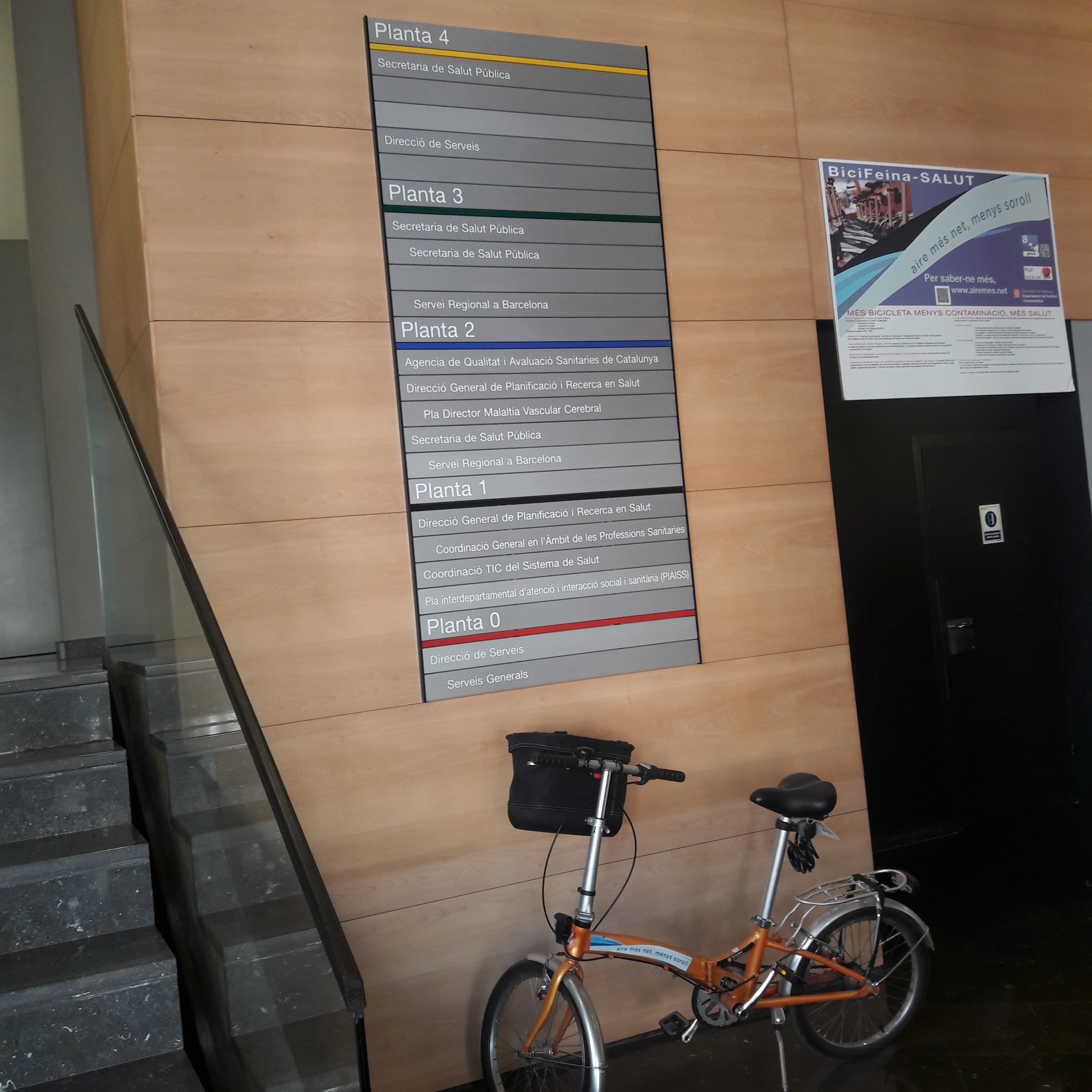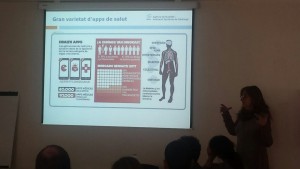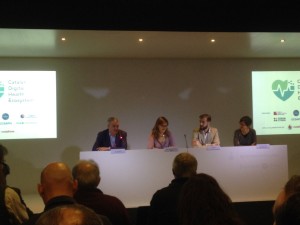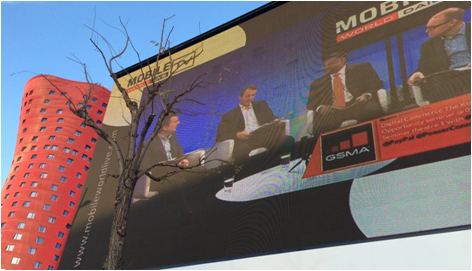
From the blog AQUAS we hope you are having a good festive season and would like to thank you for reading and following us.
We publish weekly in Catalan, Spanish and English on subjects related to the projects that are being carried out at AQuAS and we also publish contributions from guest authors. The editorial line of the blog includes a focus on assessment from different points of view and areas of the health system.
Along these lines, we have dealt with healthcare and quality results presented by the different agents who make up the healthcare system, the whole range of observatories of the Catalan Health System (including that which deals with the effects of the economic crisis on the health of the population and innovation), qualitative research, integrated care, the assessment of mHealth, inequalities in health, patient involvement, doctor-patient communication, shared decisions, patient and citizen preferences, variations in medical practice, the prevention of low-value clinical practices, the impact of research, information and communications technology, data analysis in research, tools for the visualisation of data, innovation and health management, the gender perspective in science, statistical issues, clinical safety with electronic prescriptions, chronicity (not forgetting chronicity in children), the effects of air pollution in health and current topics.
The most read articles in 2016 have been:
- Never before have we been so healthy and at the same time, never before have we been so sick, de Lluís Bohígas
- Integrated care: what is the main underlying idea?, de Vicky Serra
- Low-value clinical practices: the physicians give their opinion!, de Johanna Caro
- When the system hampers innovation in healthcare, de Gemma Bruna
- Indicators for the health services assessment, de Mireia Espallargues
- Communicate what?? Communication skills for health care professionals, de Carme Carrion
However, we have published many more texts, 51 posts to be precise, without counting this one, with the aim of sharing knowledge and generating a space for reflection, open and useful for everyone.
Thank you very much, a joyous festive season and see you in the new year!
Post written by Marta Millaret (@MartaMillaret), blog AQuAS editor.







 Barcelona is Mobile. The great mobile world exhibition has not gone unnoticed to the city. With a record 100,000 visitors, the Mobile World Congress took place last week in Barcelona, under the theme “Mobile is everything”. Considering the innovations presented in it, it appears that healthcare is also becoming mobile (mhealth).
Barcelona is Mobile. The great mobile world exhibition has not gone unnoticed to the city. With a record 100,000 visitors, the Mobile World Congress took place last week in Barcelona, under the theme “Mobile is everything”. Considering the innovations presented in it, it appears that healthcare is also becoming mobile (mhealth). Virtual reality applications are starting to appear in the field of mental healthcare. Thus, startups such as
Virtual reality applications are starting to appear in the field of mental healthcare. Thus, startups such as  Entry written by Elena Torrente (
Entry written by Elena Torrente (